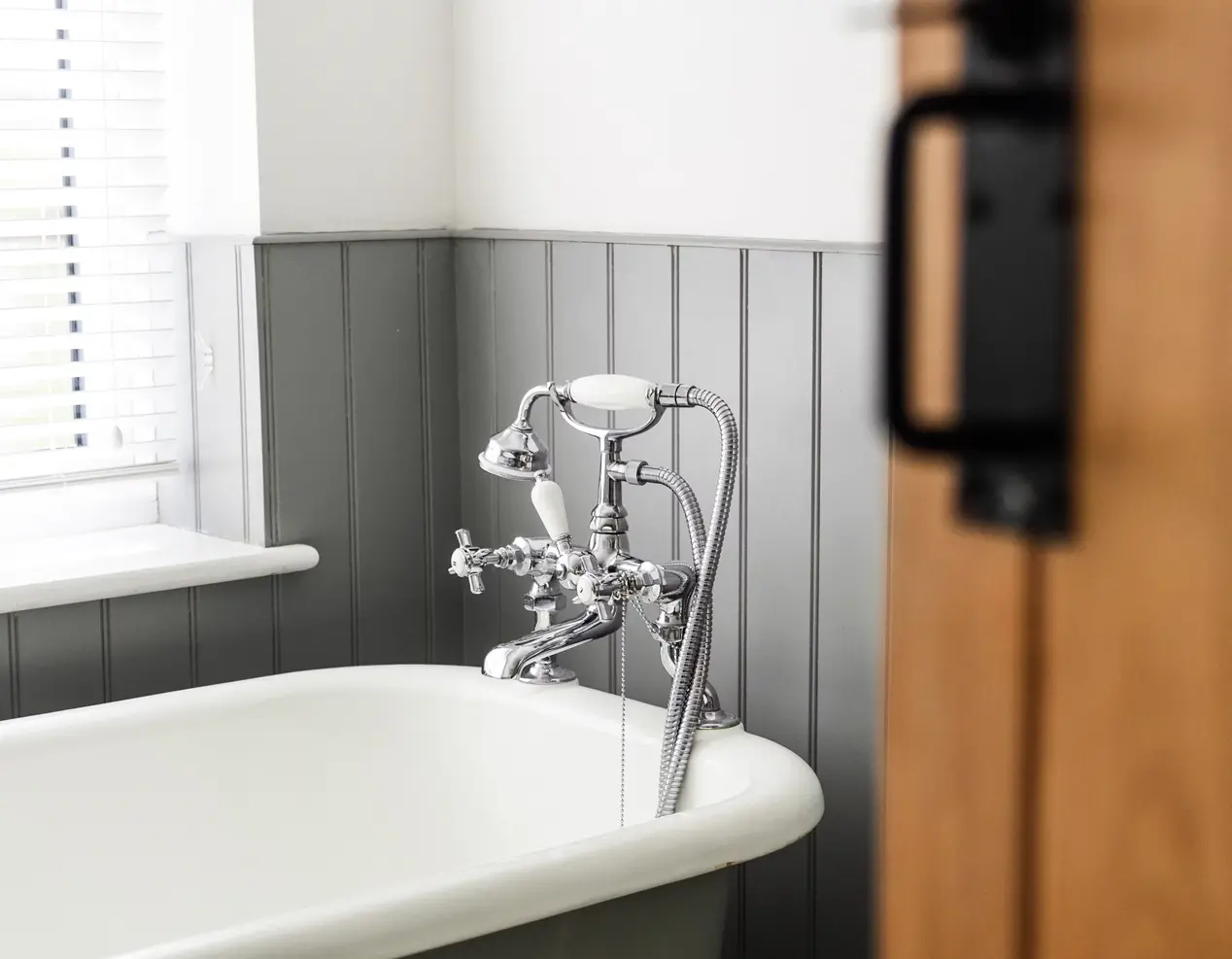Smart Plumbing. Smart Heating. Smart Business.
What’s Lurking in the Water? Understanding the Risks of Legionella and How to Protect Your Home or Business
Legionella bacteria, commonly found in natural water sources such as rivers, lakes and reservoirs, can thrive in man-made water systems like hot water systems in homes, offices and commercial properties. When inhaled, the bacteria can cause Legionnaires' disease, a potentially fatal form of pneumonia.
As an eco-conscious company that specialises in smart heating systems in the Norwich area, we are committed to making sure your systems are not only energy-efficient but also safe from Legionella risks.
Here’s everything you need to know about protecting your home or business from this hidden threat:
What is Legionnaires' Disease?
Legionnaires' disease is a severe form of pneumonia caused by the inhalation of droplets contaminated with Legionella bacteria. These bacteria thrive in warm water (20–45°C), which is why they’re often present in hot water systems, cooling towers and other water reservoirs. Symptoms of Legionnaires’ disease include cough, shortness of breath, chest pains, fever and muscle aches. While it can be treated with antibiotics, in some cases, the disease can be fatal, particularly for vulnerable individuals, such as the elderly, smokers or those with weakened immune systems.
The Importance of Prevention and Compliance
The Health and Safety Executive (HSE) provides clear guidance on the management of Legionella risks in water systems to prevent outbreaks of Legionnaires' disease. Under the Control of Substances Hazardous to Health (COSHH) Regulations, employers and landlords have a legal responsibility to prevent or control the risk of exposure to Legionella in the workplace or in rented properties. This includes regular maintenance of water systems, monitoring of water temperatures and implementing a Legionella risk assessment.
HSE Guidelines for Preventing Legionella in Hot Water Systems
To protect yourself, your employees, and tenants from Legionella, it’s essential to follow these HSE guidelines:
Temperature Control
Keep hot water above 60°C to prevent the growth of Legionella. Cold water should be kept below 20°C.Regular Maintenance and Flushing
Make sure water systems are regularly flushed, particularly in buildings where water may have been stagnant for extended periods.Monitoring and Record-Keeping
Regularly check water temperatures, and maintain records of inspections, cleaning and maintenance activities.Legionella Risk Assessment
Employers and landlords must conduct a risk assessment to identify and evaluate potential Legionella hazards. This assessment should be reviewed regularly.Cleaning and Disinfection
Water systems, including tanks and pipework, should be cleaned and disinfected periodically to prevent biofilm buildup that can harbour Legionella bacteria.
The Impact of Legionella in Commercial and Domestic Settings
In both commercial and domestic settings, dormant water systems are at the highest risk of Legionella contamination. In offices, hotels, and hospitals water systems that have been unused for periods, such as during the COVID-19 pandemic, can easily become a breeding ground for the bacteria. Similarly, in residential properties, particularly in holiday homes or buildings left unoccupied for long periods, Legionella bacteria can grow in unused pipes or water tanks. This is why regular maintenance in lettings and property management is key.
Safety Considerations for Working in Dormant Water Systems
When working in properties or workspaces where water has been dormant, safety must be a priority. Here are some best practices:
Risk Assessment
Always conduct a thorough risk assessment before starting work in systems that have been inactive.
Protective Equipment
Make sure workers wear appropriate personal protective equipment (PPE), including masks, gloves, and eyewear to avoid inhaling contaminated water vapour.
Flushing Systems
Before performing any maintenance, ensure the system is properly flushed to remove stagnant water.
Disinfection
If necessary, disinfect systems before use to eliminate any bacterial growth.
Compliance for Employers and Landlords
Employers and landlords must take responsibility for ensuring the safety of their water systems. Non-compliance with Legionella risk management can result in serious health consequences, legal action and reputational damage. Some key steps for compliance include:
Appoint a Responsible Person
Designate a competent person to oversee the management of Legionella risks.
Provide Staff Training
Making sure that all relevant personnel are trained in Legionella risk awareness and safe working practices.
Regular Audits
Conduct routine audits and inspections to ensure your water systems are properly maintained and free from Legionella contamination.
Protect Yourself with Smart Heating EA Ltd
At Smart Heating EA Ltd, we not only specialise in the installation and maintenance of boiler and heating systems, but we also prioritise safety and efficiency in all our services. We can help ensure your hot water systems are compliant with all relevant health and safety regulations, preventing the risk of Legionella contamination.
By choosing Smart Heating EA Ltd, you can rest assured that your domestic and commercial heating systems are in good hands, with a focus on eco-conscious, sustainable solutions.
Are you based in Norwich or the surrounding areas? Get in touch with us today on 01603 457009 to find out how we can enhance your home’s heating system.

Book a service or maintenance check with us now - and enjoy a warmer, more cost-efficient home.
Call us on 01603 457009

SMART HOMES.
SMART HEATING.
SMART LIFE.
TIME FOR AN UPGRADE?
Upgrading to a newer, more energy-efficient model of course ensures that your heating system remains at the forefront of efficiency and sustainability technologies.


